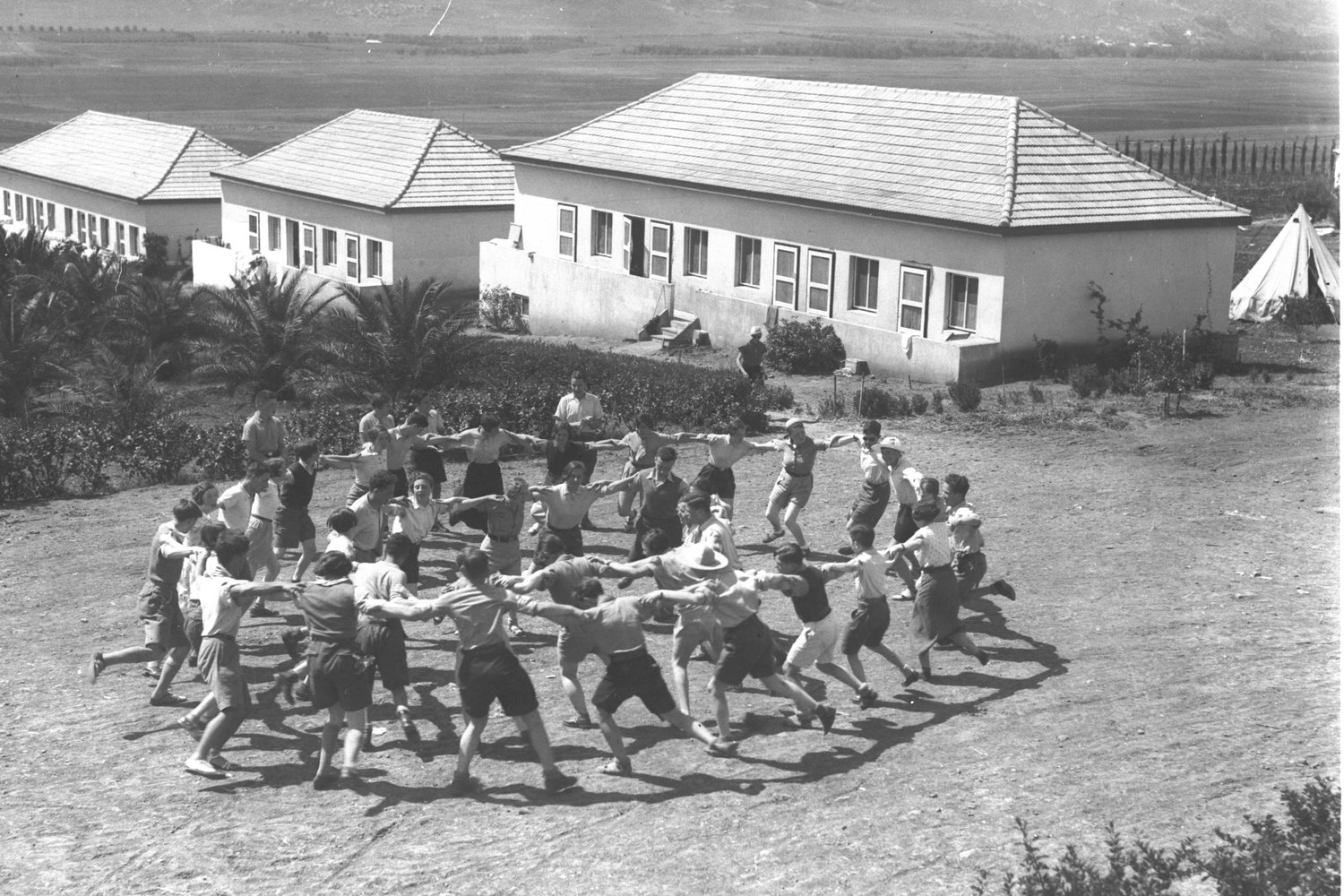The backstory of babka, our favorite baked treat
Part bread, part cake, and totally delicious: babka is among the most iconic Jewish sweets and a common fixture at the dessert table of religious celebrations. Culinary historians credit Polish cooks with its creation and in the late 19th century a wave of emigrants from that and other central European countries brought babka with them to the United States, where it became a staple ware in Jewish bakeries.
In its most traditional form, babka is made by twisting a yeast-based dough swathed in different fillings around itself into a tortuous loaf that is baked at medium heat for around an hour. The top of the babka may be dusted with streusel or seeds and warm syrup sometimes serves as a final garnish. Different nations in the Jewish diaspora add their own inflections; for example, in Israel butter is incorporated into the dough as to produce a flakier, more delicate crumb, and babkas may be parceled into individual smaller portions prior to the baking process.
Babka was eternally memorialized in pop culture in a 1994 episode of Seinfeld in which Jerry and Elaine camp out at Royal Bakery (based on the Royale Pastry Shop) to wait their turn to buy a babka to take to a dinner party. When they finally reach the head of the queue only to learn the bakery is flush out of chocolate babka, Jerry is convinced by the attendant to purchase a cinnamon variant, which Elaine deems a “lesser babka.”
He valiantly defends its potential merits, noting “Cinnamon takes a back seat to no babka. People love cinnamon. It should be on tables at restaurants along with salt and pepper.”
Although most establishments limit their offerings to the most popular flavors (chocolate, cinnamon-sugar, apples, raisins) the past decade has seen the rise of innovative recipes on the internet for babkas filled with sweet potato, goat cheese, and cherries.
Similar to the fate of the humble knish, many bakeries devoted to specializing in babkas have all but disappeared. Those storied babka purveyors that remain are mostly family-owned shops in New York City, including two in Brooklyn with kosher certification, Green’s Bakery and Oneg Heimische Bakery.

 50.0°,
Overcast
50.0°,
Overcast 







